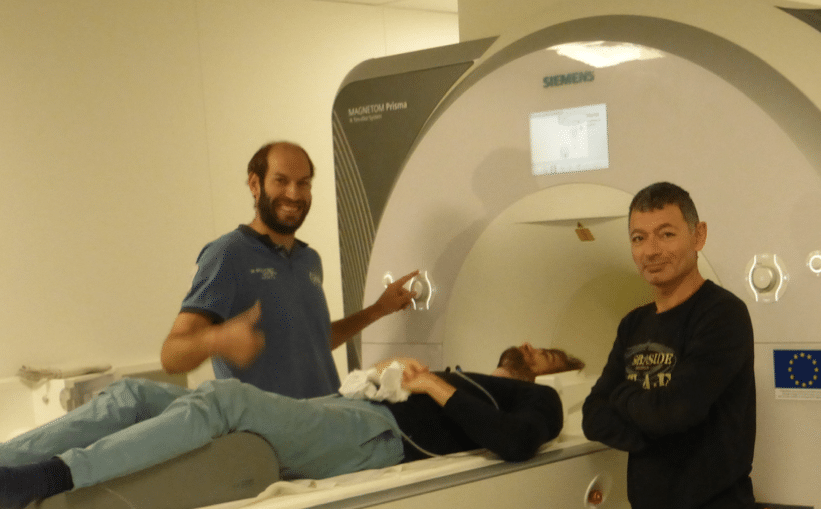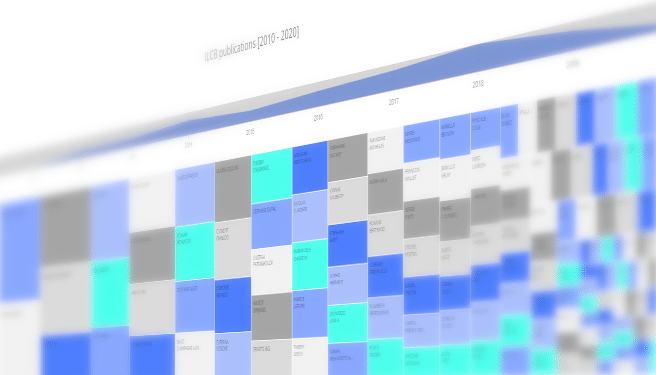
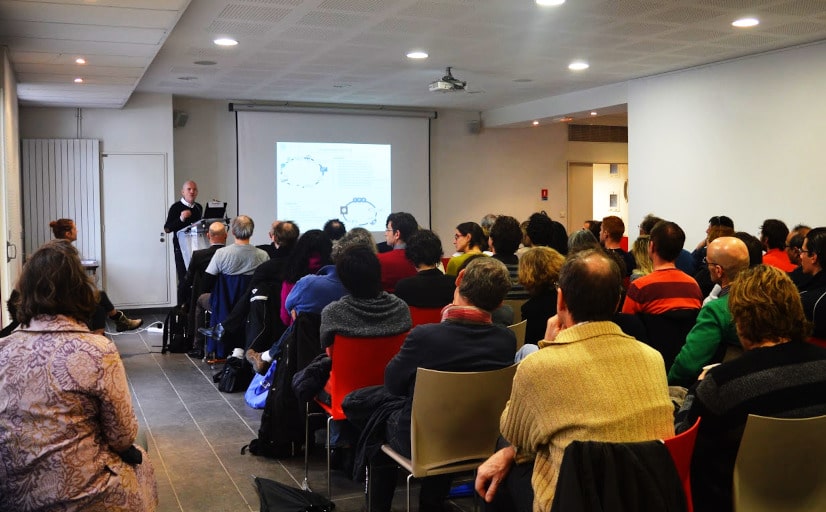
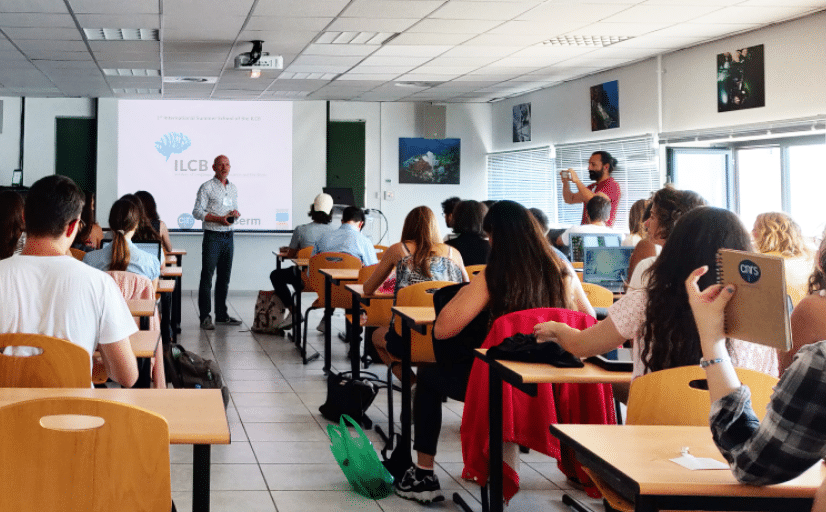
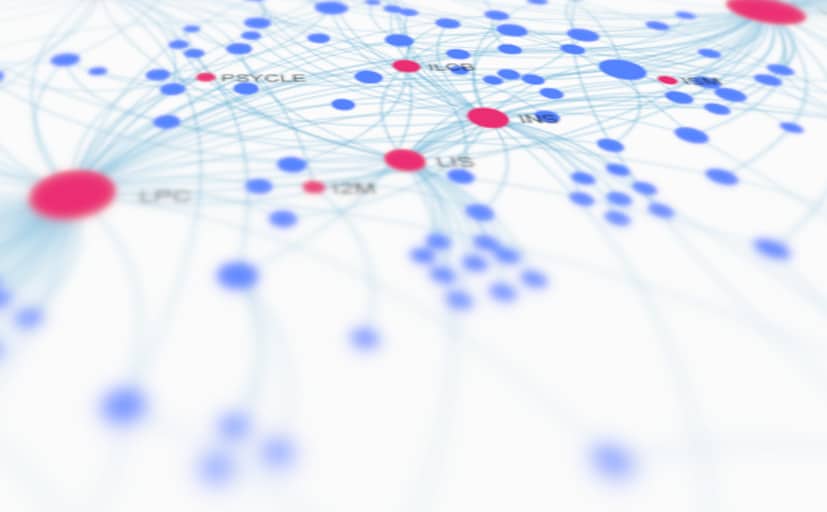
FEATURED PUBLICATIONS
Speaking to a common tune: Betweenspeaker convergence in voice fundamental frequency in a joint speech production task Vincent Aubanel, Noël Nguyen
2020 PLOS/ONE
read more >>
Learning to Read and Dyslexia: From Theory to Intervention Through Personalized Computational Models Johannes C. Ziegler, Conrad Perry, Marco Zorzi
2020 Current Directions in Psychological Science
read more >>
Error-based learning and lexical competition in word production: Evidence from multilingual naming Elin Runnqvist, Kristof Strijkers, Albert Costa
2019 PLOS/ONE
read more >>
Constraints on the lexicons of human languages have cognitive roots present in baboons (Papio papio) Emmanuel Chemla, Isabelle Dautriche, Brian Buccola, and Joël Fagot.
2019 PNAS
read more >>
High-fidelity copying is not necessarily the key to cumulative cultural evolution: a study in monkeys and children Carmen Saldana, Joël Fagot, Simon Kirby, Kenny Smith, Nicolas Claidière
2019 Proceedings of the royal society B
read more >>
Bringing together experts in linguistics, neuroscience, psychology, medicine and computer science to understand and to model the way that language functions.
The objective is to create a generic model of the processing of language and its cerebral bases.
SUMMER SCHOOL
The 3d Edition of the ILCB Summer School offers Introductory, Intermerdiate and Advanced Classes in four core fields of Cognitive Science, reflecting the expertise of the Institute.
read more >>
PhD PROGRAM
An interdisciplinary focus on language research, with interdisciplinary theory and practice trainings at basic and advanced level courses in all relevant disciplines.
read more >>
MASTER
The MaSCo, a new MA in Cognitive Science, provides an advanced scientific curriculum on human cognition, as well as a technological and methodological expertise in evaluation, analysis and modeling of cognitive processes.
read more >>
TRAINING
Advanced trainings are offered to the ILCB members
read more >>
Recent
news and events
Upcoming Events Loop
It seems we can’t find what you’re looking for. Perhaps searching can help.
Post Loop
Katherine Bryant
Katherine Bryant was awarded a 2023 ILCB post-doc fellowship to work with Adrien Meguerditchian (LPC) and Olivier Coulon (INT). Her project will address the anatomic changes that occur in baboon development from birth to adulthood, with a special focus on lateralization of grey and white matter. The analysis of these data will permit greater insight […]
Signatures of Monitoring in Speech and their Precursors: A Multi-Facet Outlook
Lydia Dorokhova (LPL)
Neurodays
Emma Berthault & Anne Mathieu (INS)
TMS du “Frontal Eye Field” et sélection d’une cible
Régis Mancini (ILCB), Françoise Vitu (LPC), Laure Spieser (LNC), Boris Burle (LNC), & Aurore Lapuyade-Aufoo
Editorial: Neural Bases of Reading Acquisition and Reading Disability
Li Hai Tan, Charles A. Perfetti, Johannes C. Ziegler, and Bruce McCandliss. 2023. Frontiers in Neuroscience 17 (June): 1147156. — @HAL Reading is an essential skill, necessary not only for success in school, but for maintaining a high quality of life in increasingly literate societies. Changes in technology have altered reading formats and increased the […]
Hearing as Adaptive Cascaded Envelope Interpolation
Etienne Thoret, Sølvi Ystad, and Richard Kronland-Martinet. 2023. Communications Biology 6 (1): 671 — @HAL The human auditory system is designed to capture and encode sounds from our surroundings and conspecifics. However, the precise mechanisms by which it adaptively extracts the most important spectro-temporal information from sounds are still not fully understood. Previous auditory models […]
How Do Adults with Dyslexia Recognize Spoken Words? Evidence from Behavioral and EEG Data
Ambre Denis-Noël, Pascale Colé, Deirdre Bolger, and Chotiga Pattamadilok 2023. Scientific Studies of Reading, May, 1–21. — @HAL Purpose: In adults with dyslexia (DYS), the persistent influence of phonological deficits on spoken language processing has mainly been examined in either perceptual tasks or those tapping complex cognitive operations. Much less attention is devoted to spoken […]
Dimensionality and ramping: Signatures of sentence integration in the dynamics of brains and deep language models
Théo Desbordes, Yair Lakretz, Valérie Chanoine, Maxime Oquab, Jean-Michel Badier, Agnès Trébuchon, Romain Carron, Christian-G. Bénar, Stanislas Dehaene, and Jean-Rémi King. 2023. The Journal of Neuroscience, JN-RM-1163-22. — @HAL A sentence is more than the sum of its words: its meaning depends on how they combine with one another. The brain mechanisms underlying such semantic […]
Upgraded audio stimulation system at the MEG center
The audio-stimulation system of the MEG platform has been upgraded! DATAPixx is now used to deliver sounds signals from outside the magnetically shielded room to the ears of the participant through an Etymotic ER-30 system, which we have modified to achieve flat-frequency response in the 0-6 kHz range — a significant portion of the human […]
Ricard Maxer
Ricard Marxer is a professor at the University of Toulon and researcher at the Laboratoire d’Informatique et Systèmes (LIS). He was previously a post-doctoral researcher in the Speech and Hearing Group (University of Sheffield) and obtained his PhD in the Music Technology Group (Universitat Pompeu Fabra). His research focuses on the development and use of […]

